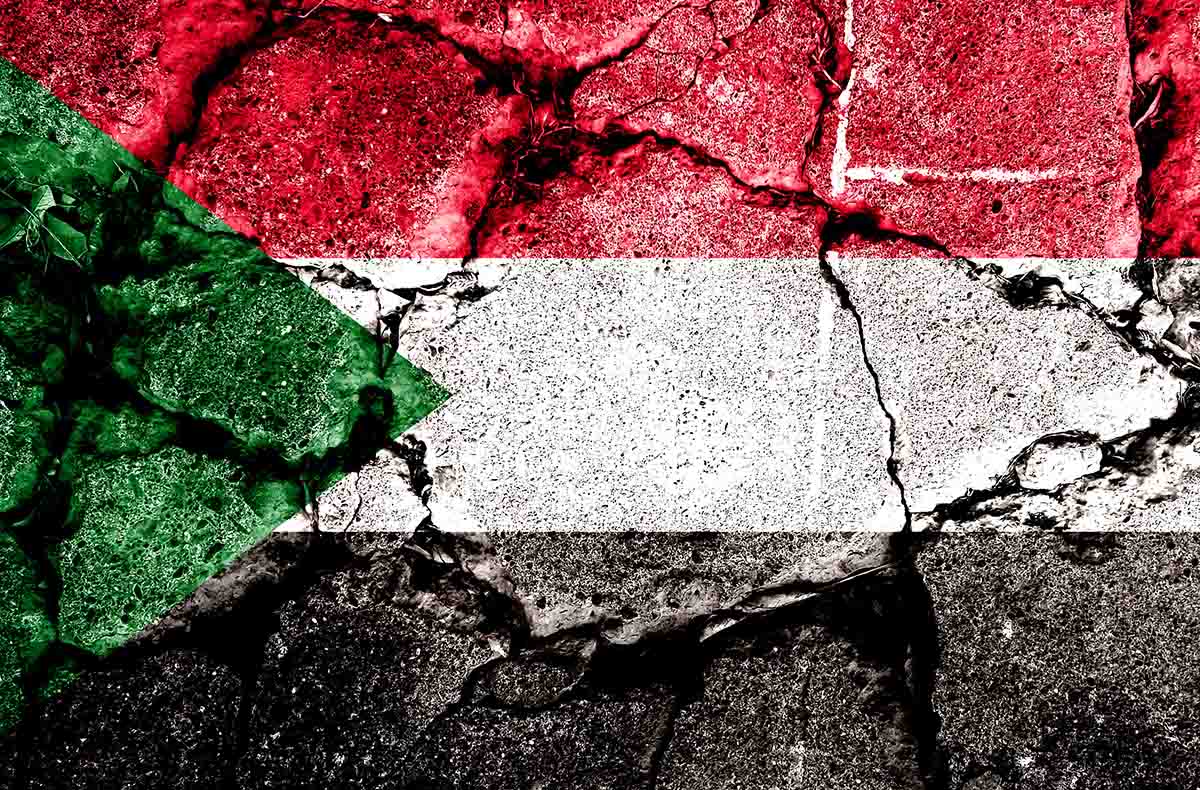
The Arab world reacted strongly last month when a comment of India’s ruling Bharatiya Janata Party (BJP) spokesperson Nupur Sharma was deemed sacrilegious against Islam’s prophet Muhammad. Saudi foreign ministry issued a condemnation, Qatar demanded an apology, the UAE’s ministry of foreign affairs equated the BJP leader’s comments with contradiction of “human values and principles,” while the Grand Mufti of Oman dubbed it a declaration of “war on Muslims.” Trends against Prime Minister Narendra Modi went viral on social media with many in the Arab world demanding boycott of Indian products. The BJP immediately suspended Sharma, and issued a statement insisting it “denounces insult of any religious personalities of any religion.”
The Arab states have long stayed silent over the Muslim persecution orchestrated by the BJP’s Hindutva narrative. Amid a de facto military occupation of the Muslim-majority state of Jammu and Kashmir, Arab states led by Saudi Arabia have been expanding defense ties with India. However, perceived blasphemy against Muhammad pushed the same Muslim states into bordering on sanctioning India, in turn extricating a swift retraction from the BJP. The message for India and its Hindutva ruling party was clear: do as you please with the Indian Muslims, but stay away from Islam.
The threat amounted to a potential $189 billion, which was India’s total trade with seven Gulf States last year. With the UAE alone, India has signed a $100 billion trade pact this year. India is the second largest trading partner of Saudi Arabia with bilateral trade worth $25 billion between April and November last year almost doubling over the corresponding period in the previous year.
The Gulf Cooperation Council’s (GCC) trade with China amounts to $161.4 billion. The Arab states have similarly profited from the state-enforced silence surrounding the Chinese persecution of Uyghur Muslims, including their internment in concentration camps. On the Chinese front, the silence is cashed in by even those who otherwise speak up for Muslims in India or Palestine, such as Turkey and Pakistan, with the latter even facilitating Beijing’s persecution of Uyghur Muslims as an unwritten contractual clause of the $62 billion China Pakistan Economic Corridor. Even China’s demolition of mosques and conversion into toilets doesn’t even get a whimper from Arab leaders. Because, of course, that’s precisely what they are doing to the holiest Islamic sites in Saudi Arabia.
Saudi Arabia has been arbitrarily deciding the fate of Islamic heritage and has long limited archaeological excavations to maintain an Islamist hegemony over the land autocratically ruled by the al-Saud tribe. Saudi Arabia doesn’t want Islamic history itself being dug up and opened into an academic debate, which, like any other segment of the distant past, would slash question marks over many claims which have been enforced through faith more so than evidence. The blasphemy uproar in India over Muhammad’s marriage to Aisha when she was six years old is in accordance with claims of Islamic scriptures, which in recent years has sparked reformist takes on the marriage bringing even the most reliable compilation of hadiths (Muhammad’s sayings) into dispute. And given that the first available original text of Muhammad’s biography was written 200 years after his death, everything about Islam is academically contentious.
While Saudi Crown Prince Mohammed Bin Salman has already indicated a revision of hadiths, which are being deemed controversial owing to modern sensibilities, these reforms are likely to be just as arbitrarily imposed as the radical Salafi Islam proliferated across the Muslim world over the past five decades by the Arab world flexing its crude power. But just as the spread of radical Islam was rooted in the oil rich Arab monarchies’ geoeconomic ambitions, and quest to maintain totalitarian power, so is this newfound progressive rendition of the religion amid gradual decline in oil monopoly.
In 2020, the UAE announced a relaxation of Islamic laws, and the gory penalties that came with it, in ostensible support of personal freedom. A year before that Saudi had lifted the ban on women driving and eased strict dress codes for female tourists. As a tourism friendly version of Islam has been embraced by the Arab world to bolster economies, so has been Israel via the Abraham Accords. Punctuated by this month’s UAE-Israel free trade deal, the erstwhile Judeophobic Arab world is fast mainstreaming an Islamic rationale to recognize the Jewish state, it has long vowed its destruction through Islamic scriptures and sermons.
Clearly, the Arab rulers want to keep Islam open to convenient reinterpretation for their own interests, without leaving it open to more wide-ranging critical thought that could result in Islam being sidelined as a source of absolute control over populations, like other religions largely have been. This utility of Islam to maintain hegemony can be found from Shia Islamist Iran to the increasingly autocratic but officially secular Turkey. The violent blasphemy laws prevalent in large parts of the Muslim world silence critique of Islam to maintain totalitarian streaks of states that inevitably have skewed economic structures heavily tilted towards the powers that be. That’s why the Organization of Islamic Cooperation (OIC) has moved to outlaw “willful religious provocations,” lumping all religions together, if need be, to ensure that Islam remains shielded from any semblance of dissent.
Critical thinking on Islam naturally fosters critique of the rulers dreading nothing more than any challenge to their monopolization of the state’s economic resources. While Islam might continue to be reshaped by these states to incorporate “sins” and taboos heretofore outlawed by Islamic scriptures, they would continue to uphold anti-blasphemy inertia globally to maintain their geoeconomic clout.



